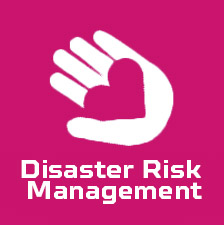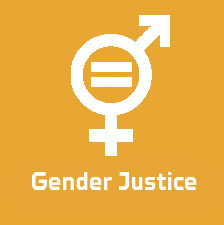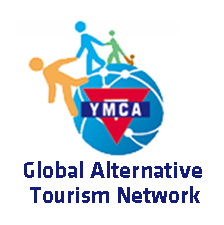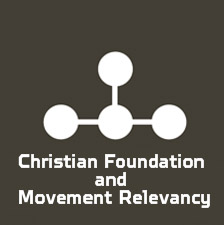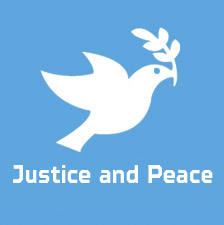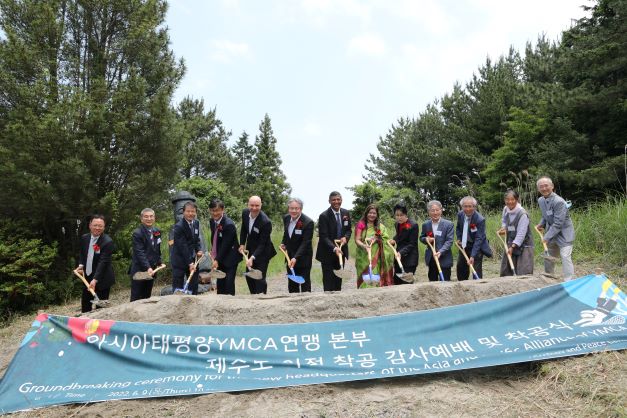ARTS & CRAFT Summer Camp 2022 by YMCA Cuttack
Last Updated (Wednesday, 29 June 2022 17:09)
Art is genuinely a gift to the world. It's what we crave in the human experience. Art gives meaning to our lives and helps us understand our world. It is an essential part of our culture because it allows us to have a deeper understanding of our emotions; it increases our self-awareness, and also allows us to be open to new ideas and experiences. Art therefore continues to open our minds and our hearts and shows us what could be possible in our world. Art can transform our lives. When we connect with art, we are ultimately connecting with our inner selves. Art enables us to look within and to listen to ourselves, realize who we are, and what we care about. It connects us to our thoughts, feelings, perceptions, and our outer realities and experience.
YMCA, Cuttack organizes arts & craft Summer Camp every year during the summer vacation to engage students in creativity. Dr. Raj Bolobha Mohanty, President, YMCA, Cuttack, inaugurated the arts & craft Summer Camp – 2022, YMCA, Cuttack, on 17th May, 2022 with a word of Prayer followed by some kind and inspirational speech to motivate the participants.
The Summer Camp was organized for 10 days (16.05.2022 – 28.05.2022), 40 school going children participated in the Summer Camp. Mr. Hemant Dash, Life-Member, YMCA, Cuttack along with staff of YMCA, Cuttack conducted the camp at YMCA, Cuttack and 4 volunteers from the field of Art & Craft facilitated and mentored the participants during the Summer Camp. Participants were trained to pin down their creative thoughts through 3D Sand Art, Canvas Painting, Warli Pot Painting, Liquid 3D Canvas Painting, Mosaic Painting, Kula Grass Mat Painting, Korai Grass Mat Painting, Rajasthani Colourful Lamp and 3D Textured Canvas Painting during the Summer Camp in a well-organized and disciplined manner.
YMCA National Youth Assembly-2022
Last Updated (Wednesday, 29 June 2022 16:55)
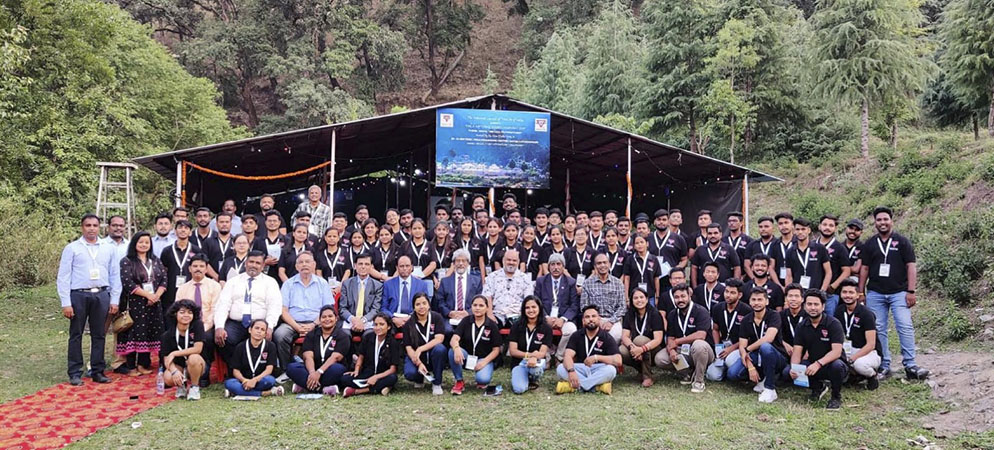
The National Youth Assembly 2022, held at the beautiful Kumaon hills at YMCA Campsite Sattal, Uttarakhand, from 20th to 23rd May 2022, was hosted by the New Delhi YMCA under the aegis of The National Council of YMCAs of India. Ninety-Four young people from across the country participated. “Ignite, The Call to Commitment” was the theme for the assembly.
After a brief orientation by Mr. Koshy Alexander Vaidyan, Secretary, Youth Work, Mr. Noel Phillips, Associate General Secretary, New Delhi YMCA and Mr. Bhen Samson, Camp Director, the Assembly started with the affirmation of the Paris Basis by Ms. Mahima Agarwal. The opening prayer was said by Ms. Pooja Jaiswal. Mr. Mark Clive, General Secretary, New Delhi YMCA, welcomed delegates and guests for the Assembly, conducted after a long gap, and emphasized that YMCA Campsite Sattal is the ideal venue. President, New Delhi YMCA Mr. Felix Fernandes, addressed the august body and Inaugurated the Assembly, with a few Board Members in attendance. This was followed by honoring of the guests by Mr. Mark Medley on behalf of The National Council of YMCAs of India. Mr. Sundersingh, Secretary, Movement Strengthening, NCYI and Ms. Ann Maria Samuel, Chairperson Uni-Y India, brought greetings. The inaugural session concluded with a vote of thanks proposed by Mr. Noel Phillips and a closing prayer offered by Mr. Aryan Singh from YMCA Nagpur.
Mental Health Awareness Program
Last Updated (Thursday, 30 June 2022 12:52)
Our mind is the theatre where all drama used to happen 24×7! We learn about all the events in our world, we feel all the emotions; we make choices and control all the actions that we do. Whether we enjoy or become upset, it all happens in our brain. Thus, brain is the most important part of our body and personality. We all want to be happy and avoid suffering, from tiny ants to large elephants. In fact, all of our actions are geared towards this goal, towards what we perceive to be happiness and away from what we view as suffering and yet, we have no real understanding of how to achieve that. By developing awareness of how things really are, by recognizing the impermanent and interdependent nature of all conditioned phenomena, including our very minds and thoughts, we learn to free ourselves.
Covid-19 has hit the world in such a manner that it has affected various aspects in life of every individual. Not only Covid-19 but also in the present scenario many individuals go through depression, anxiety and get mentally stressed to such extent that they end up giving-up their lives. As Young Men's Christian Association aims to put Christian principles into practice by developing a healthy "body, mind, and spirit." So keeping in mind, YMCA, Cuttack conducted a Mental Health Awareness Program on 15th May, 2022.
Last Updated (Wednesday, 29 June 2022 15:29)
Ground-breaking Ceremony and Thanksgiving Service held for the new Headquarters of the APAY
On 9th June 2022, at the Korean YMCA campsite in Jeju Island, South Korea
|
| ↑ Soil temping performance on the spot where the APAY new Headquarters will be built |
Organized jointly by the NCY-Korea and APAY, a historic, ground-breaking ceremony and thanksgiving service was held on the 9th of June 2022 at the campsite of the NCY-Korea - the International Youth Centre. Around 80 participants, including key leaders of the Korea YMCA, from the national YMCA board members, trustees, past presidents, local YMCA general secretaries, and leaders from ecumenical partners such as the NCC(National Council of Churches) of Korea and like-minded NGOs, were present at the ceremony. From the APAY-the immediate past, President Babu Markus Gomes was officially designated by President Chen Chin-Seng to represent the APAY in the ceremony. Treasurer Rev. Shin Dae-Kyun, Dr. Han Meerah, Chair of the Gender Equity Committee, Ms. Mili Gomes, Gender Equity Committee member currently serving as Chair of the Gender Justice Policy Task Group, and GS Nam Boo Won were also present.
Manila Downtown YMCA – Youth Club Summer Camp 2022
Last Updated (Wednesday, 29 June 2022 14:35)
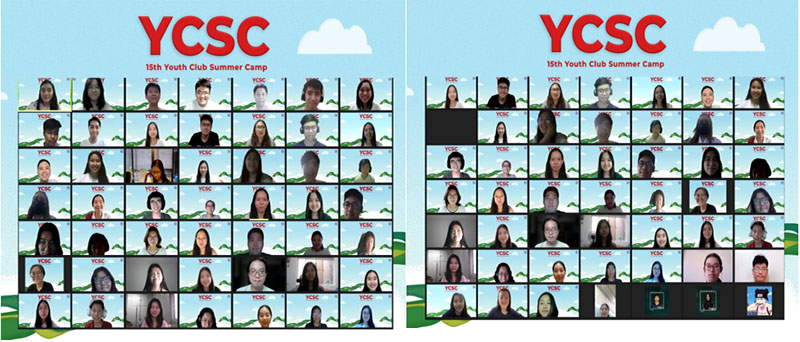
The Manila Downtown YMCA Youth Club Summer Camp (YCSC) is an annual leadership camp for incoming Grade 10 to 12 Freshman College students from various Chinese-Filipino Schools to develop skills to kickstart their leadership journey.
In its 15th year, the camp finally reached its culmination last June 4, 2022. This year’s month-long camp was held in four Saturday afternoons and was conducted entirely online through platforms such as Zoom, Discord, and Facebook. Before the four camp days, the YCSC participants attended an orientation day held on May 3, 2022, where they learned the camp's basics and got acquainted with fellow participants and organizers through various activities.
Read more: Manila Downtown YMCA – Youth Club Summer Camp 2022
Read more...
Page 25 of 54




